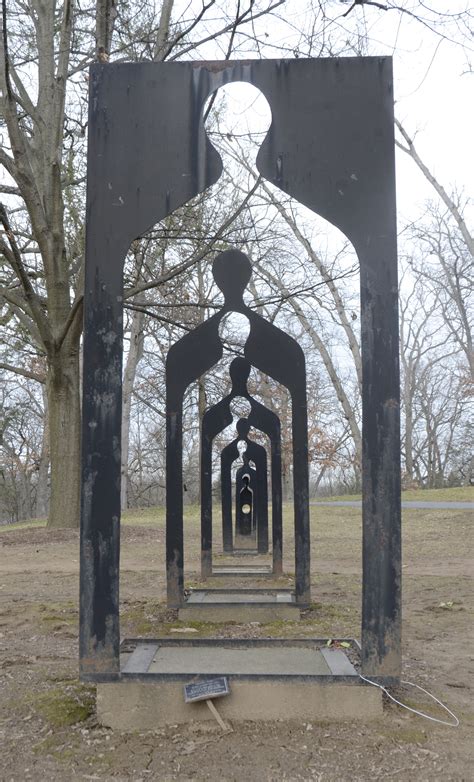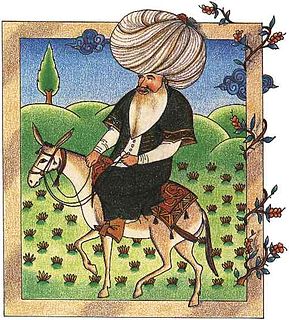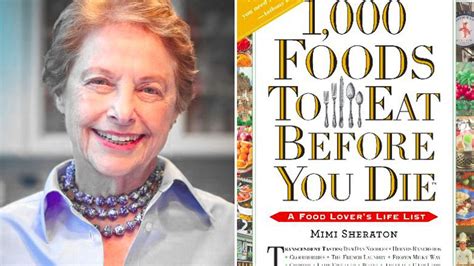A Quote by Shel Silverstein
What did the carrot say to the wheat? Lettuce rest, I'm feeling beet.
Related Quotes
The word 'vegetable' has no precise botanical meaning in reference to food plants, and we find that almost all parts of plants have been employed as vegetables - roots (carrot and beet), stems (Irish potato and asparagus), leaves (spinach and lettuce), leaf stalk (celery and Swiss chard), bracts (globe artichoke), flower stalks and buds (broccoli and cauliflower), fruits (tomato and squash), seeds (beans), and even the petals (Yucca and pumpkin).
I have an apple that thinks its a pear. And a bun that thinks it’s a cat. And a lettuce that thinks its a lettuce." "It’s a clever lettuce, then." "Hardly," she said with a delicate snort. "Why would anything clever think it’s a lettuce?" "Even if it is a lettuce?" I asked. "Especially then," she said. "Bad enough to be a lettuce. How awful to think you are a lettuce too.
Everyone thinks he knows what a lettuce looks like. But start to draw one and you realise the anomaly of having lived with lettuces all your life but never having seen one, never having seen the semi-translucent leaves curling in their own lettuce way, never having noticed what makes a lettuce a lettuce rather than a curly kale.
When you plant lettuce, if it does not grow well, you don't blame the lettuce. You look for reasons it is not doing well. It may need fertilizer, or more water, or less sun. You never blame the lettuce. Yet if we have problems with our friends or family, we blame the other person. But if we know how to take care of them, they will grow well, like the lettuce. Blaming has no positive effect at all, nor does trying to persuade using reason and arguments. That is my experience. No blame, no reasoning, no argument, just understanding.







































